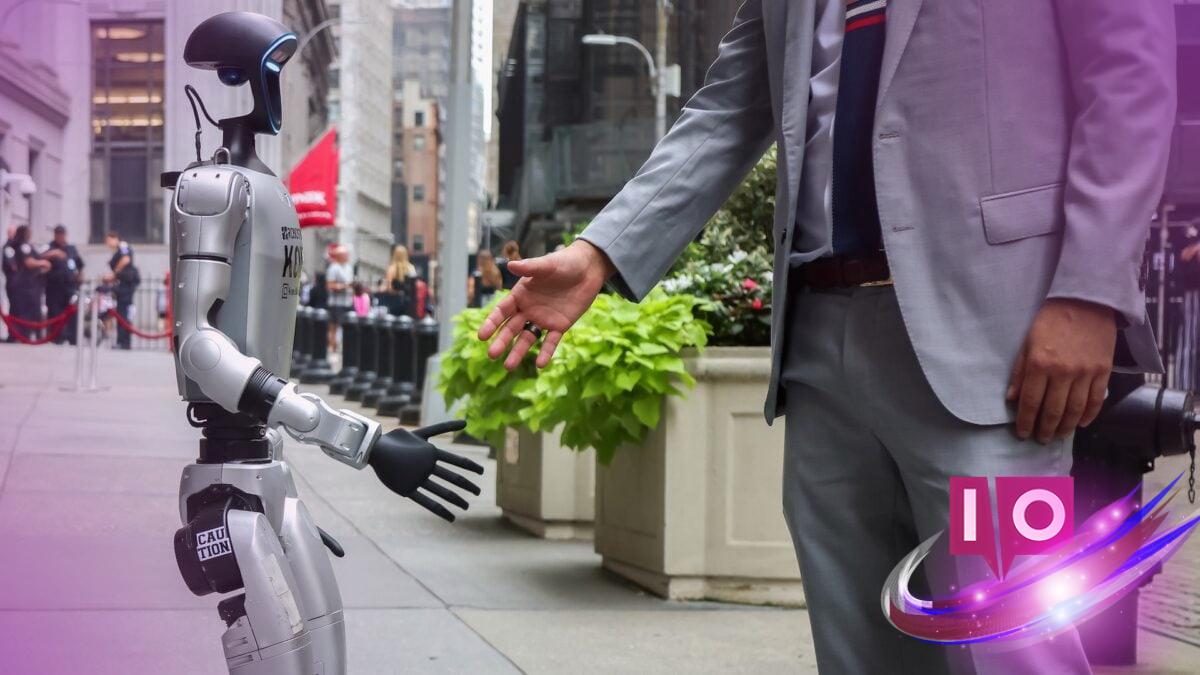In the ever-evolving world of technology, new terms continuously emerge that encapsulate shifts in culture and societal attitudes. Recently, phrases like “clanker” and “slopper” have gained traction, often carrying a blend of humor and critique, which reflect our growing unease with the increasing presence of robots and AI in daily life.
Understanding these terms can provide insights into the cultural landscape shaped by fear and fascination with technology, making it essential to explore their origins and implications.
1. What is a Clanker?
The term “clanker” originally surfaced in the 1920 Czech play about dangerous mechanical beings. It has since evolved into a tongue-in-cheek jab at robotic entities. As humanoid robots remain scarce in today’s world, TikTok users often employ this term to playfully explore the potential for future discrimination against robots, drawing parallels to societal issues faced by marginalized groups.
2. How Did Clanker Spread on Social Media?
The rise of “clanker” on platforms like TikTok coincided with its roots in the Star Wars universe, particularly introduced in the 2005 video game Republic Commando and later gaining popularity through the Clone Wars animated series. As anxiety around technological advancements grows, using “clanker” humorously sheds light on our discomfort with the changing landscape of jobs and relationships that involve AI.
3. Why Are We Talking About Robots So Much?
With figures like Elon Musk predicting that billions of robots will be sold in our lifetime, the discussion around robots has shifted from cautious curiosity to humorous critique. Many TikTok creators envision a future where robots are ubiquitous, often using stereotypes from the civil rights movement in the U.S. to parody potential societal biases against these emerging beings.
4. Is Clanker Just a Joke?
The humorous portrayal of robots through the lens of “clanker” highlights real fears surrounding technological change. Science fiction has long depicted oppressed robots, showcasing a narrative steeped in discomfort toward emerging technology. While some viewers find the term problematic and akin to coded racism, its ubiquitous presence on platforms like TikTok suggests a deeper cultural commentary.
How do social media users express their fear of robots? TikTok showcases creators with videos poking fun at everyday robots, such as cleaning bots in supermarkets, while also visualizing a future where robots are as common as humans. These parodies paint a picture of societal discomfort with an evolving robotic presence.
5. What Are Sloppers?
Similar to clankers, another emerging term, “sloppers,” refers to individuals who depend on generative AI for everyday tasks. This term indicates a broader trend of discussing the implications of technology on personal productivity and identity as our dependence on AI deepens.
What can the term slopper tell us about technology’s impact? It reflects growing concerns over the potential consequences of heavy reliance on AI, making it a significant part of our ongoing conversations around tech and society.
6. What Will Technology Look Like in 10 Years?
While predicting the future of humanoid robots remains uncertain, discussions led by influential figures like Musk suggest significant advancements may occur in ten years. The balance between optimism and skepticism invites conversation, leading many to reflect on their comfort levels concerning robots.
What is the significance of humor in addressing technology? Humor serves as a coping mechanism for fears surrounding technological advancements. Engaging with terms like “clanker” provides relief and a platform for discussion regarding deep-rooted anxieties about a future shared with AI and robots.
As discussions surrounding our relationship with technology continue to evolve, the words we use illuminate the values and fears of our time. Whether clankers and sloppers persist beyond 2025 remains to be seen; language is undeniably fluid and fascinating.
Feel inspired to explore more about the intersection of technology and society. Visit Moyens I/O for deeper insights and expert analysis on the latest trends shaping our world.
